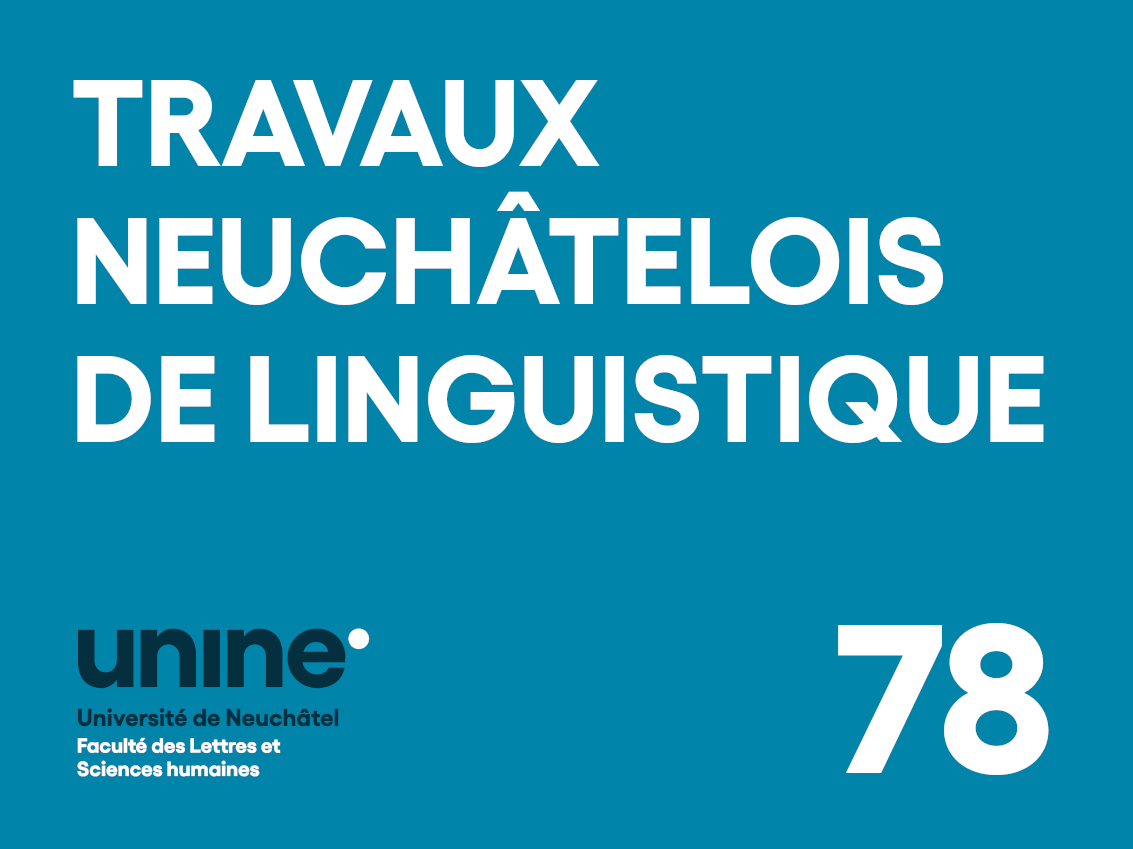Co-énonciation et mise en circulations des savoirs dans des contextes de travail
DOI:
https://doi.org/10.26034/ne.tranel.2023.3612Keywords:
interaction, co-énonciation, dimension épistémique, formation professionnelle, éducation de la petite enfanceAbstract
This paper aims to examine the mechanism of co-enunciation in two different institutional settings and the functions played by this phenomenon in these settings. To do so, the paper briefly presents an interactional and discursive perspective of the epistemic dimension. Next, we propose a definition of the notion of co-enunciation. This theoretical approach is used for analyzing examples of co-enunciation in the contexts of initial vocational training and assessment interviews in the field of early childhood education. In these two contexts, the circulation of knowledge leads to a certain instability of reciprocal epistemic positions. Consequently, co-enunciation constitutes a resource with which the participants reveal epistemic (a)symmetries between them and the degrees of affiliation that these (a)symmetries imply.
Downloads
Published
How to Cite
Issue
Section
License
Copyright (c) 2024 Gustavo Cunha, Marianne Zogmal

This work is licensed under a Creative Commons Attribution 4.0 International License.


